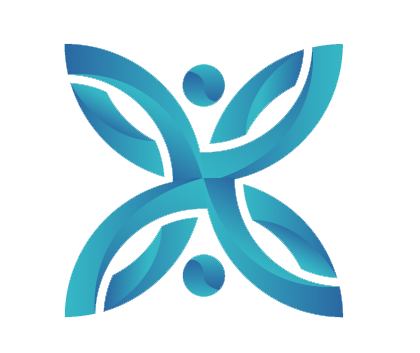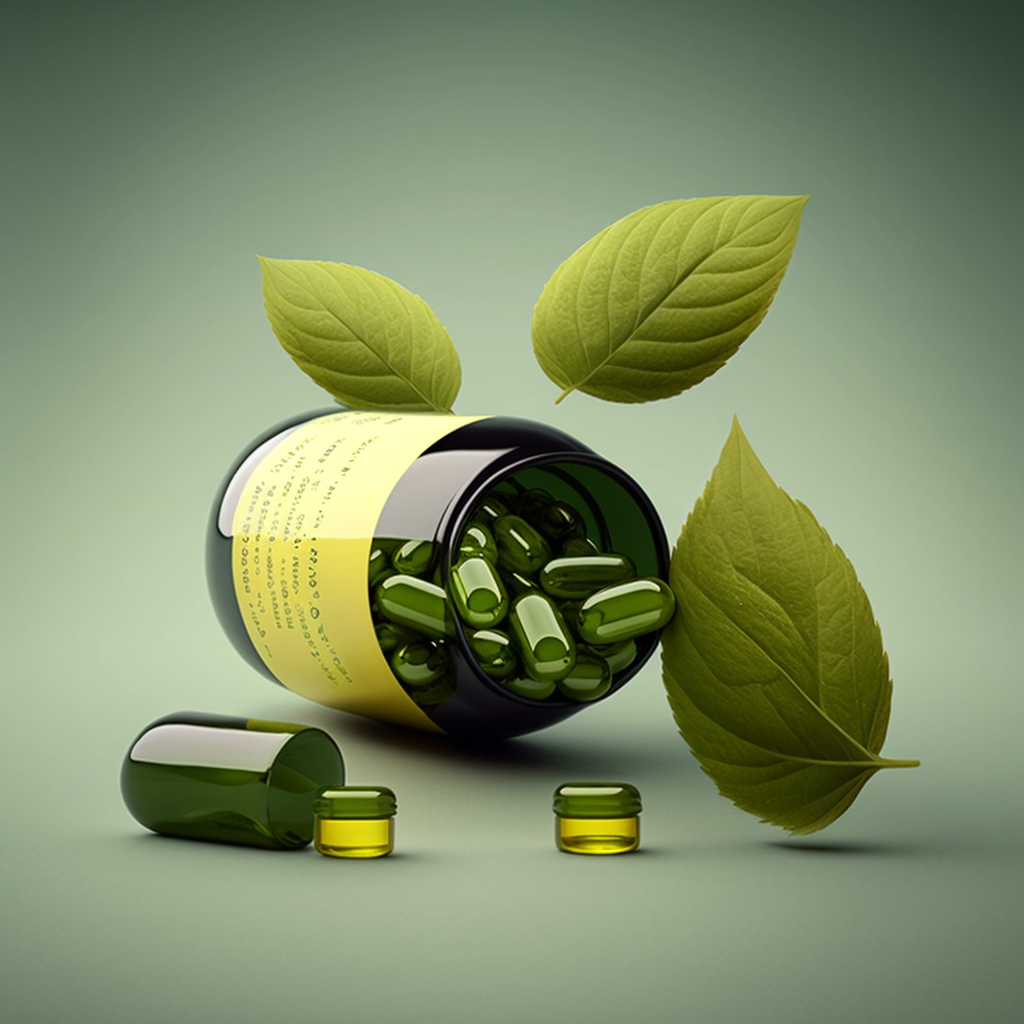
Close


The FDA actions against ephedrine-containing supplements and over-the-counter products, including the herbal products, because there was a scramble to find effective weight-loss ingredients after the ban of ephedrine. Among the parade of ingredients touted to promote fat loss via mechanism or another was green tea extract (GTE), and its primary active ingredient, EGCG (epigallocatechin gallate). Studies utilizing EGCG combined with caffeine reported statistically significant weight loss, though the numbers paled in comparison to the much more potent ephedrine and caffeine combinations. By itself, EGCG is not effective for increasing weight loss. Interestingly, a person appears to be more likely to experience weight-loss benefits if not a habitual high caffeine consumer (e.g. coffee, energy drinks) and is of Asian descent rather than Caucasian. Nonetheless, the additional loss of a pound or three is a benefit worth the relatively low cost and inconvenience of capsules a day to many people. At least, it is as long as there are no associated health risks. Among the many weight –loss drugs and supplements that were pulled due to reported adverse effects (including deaths) in the last decade or so were a number that contained EGCG. Numerous people suffered liver damage, with some requiring a liver transplant, and at least once death was attributed to the products. However, over time, other (and prior) studies looking at the potential liver toxicity of EGCG were published. To this day, new reports are emerging that describe mechanism or conditions involved in possible liver damage, as well as continuing cases of “drug-induced liver injury” occurring in people using EGCG containing products. Ironically, EGCG is also hepatic—protective (reduces or prevents liver injury) in the presence of certain drugs and metals, so the biochemistry of EGCG remains in a relative infancy. As it stands, there are many suggestions supporting the idea that consumption of a great amount of (GTE) can induce hepatocellular toxicity (liver damage), and that certain common drugs and supplements may exacerbate this.
In fact, in the presence of other “toxins” EGCG may promote cellular damage at a lower concentration. Of course, the risk of “drug-induced liver injury” from an herbal product is not limited to (GTE). In fact, a recent review identified at least 65 herbs with suspected hepatotoxicity risk. Given the low potency of (GTE) on weight loss, the limited benefit does not appear to be worth the risk. Most population-based studies showing lower (BMI), better health or longevity in association with green tea consumption relate to its customary consumption as a beverage, wherein the exposure to the active components happens slowly and over the course of the day. Rapid, sharp spikes in EGCG and other components may be “unnatural “in its presentation to the liver cells, resulting in strain and signs of damage in the presence of other “toxins”. Given the continuity of adverse event reports, and the dependence on multi-ingredient products for a weight-loss effect, it is difficult to support the use of (GTE) for weight loss at this time. Those who do wish to use (GTE) should consider that it appears to have little weight-loss benefit without the support of caffeine, and appears to do little more than caffeine alone. Avoiding products with numerous ingredients may reduce the risk of “drug” interactions leading to liver toxicity.
Come And Kill Your Curiosity...
Get Our Complimentary Lifestyle Consultancy eBook & Elevate Your Life Today!

© 2023 Copyright @Optimized Living Solutions. Powered by Siob Media.